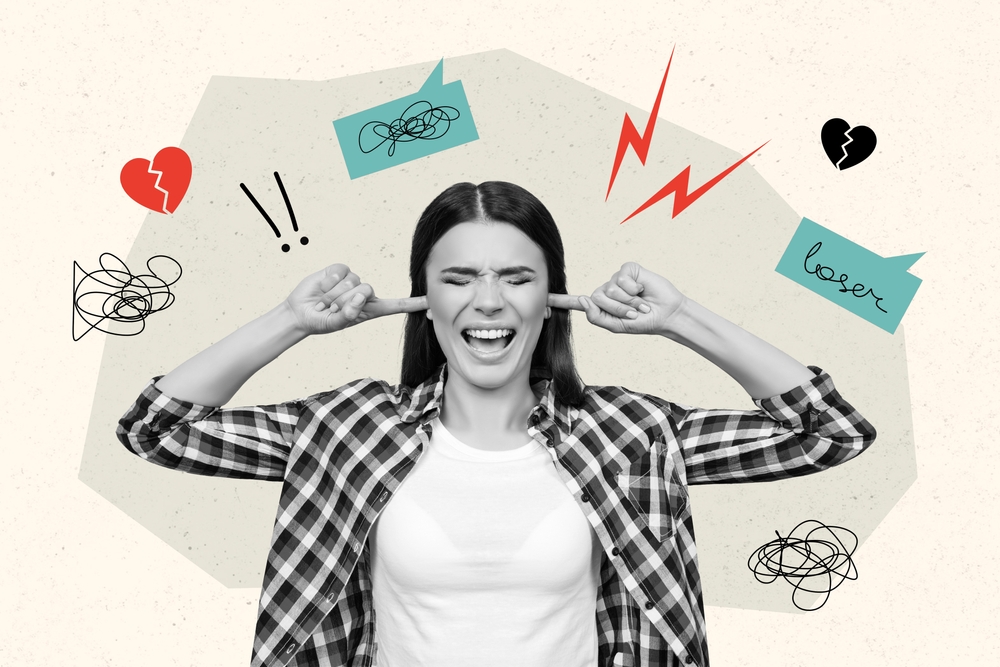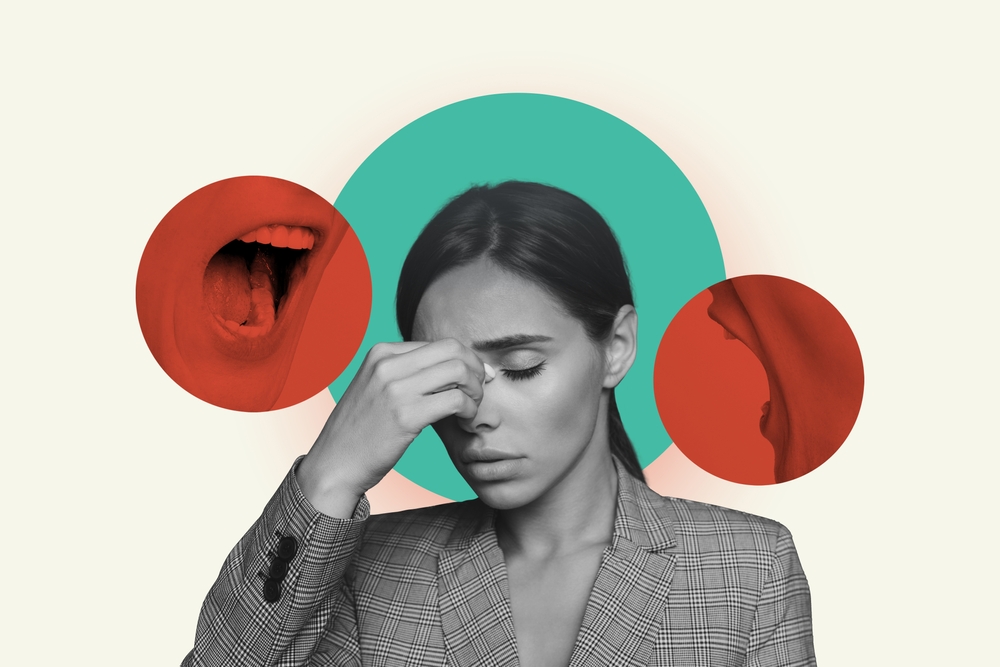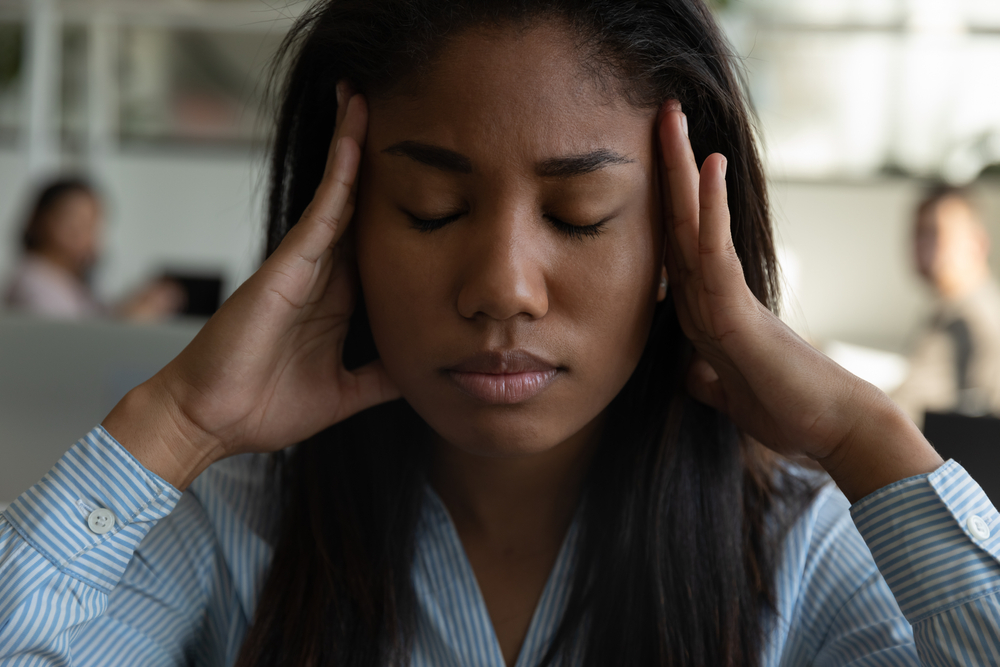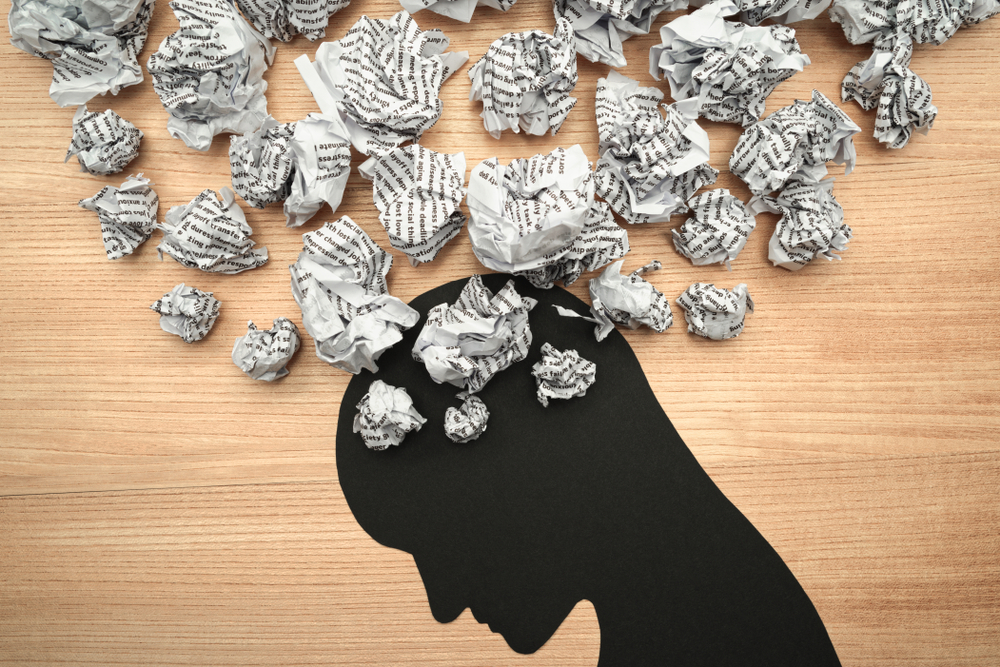We live in an era where mental health is finally part of the conversation—but only up to a point. You can post about “boundaries” or being “burned out” and get virtual support. But the deeper, more complicated stuff? The fears, the contradictions, the quiet unraveling happening behind your morning emails and weekend brunches? That still lives in silence.
There’s a cultural script that tells us to push through, to “choose joy,” to meditate and be grateful. But underneath the curated coping is a very real, very human struggle that doesn’t fit into an Instagram caption. Here are 10 mental health challenges almost everyone’s navigating—and barely anyone is naming out loud.
1. The Guilt Of Not Feeling Grateful Enough

You have a job, a home, maybe even a decent life on paper—but you still feel hollow, anxious, or low. And then comes the guilt: How dare I feel this way when others have it worse? That shame compounds the pain and keeps you from seeking support.
Mental health isn’t a competition. Struggling doesn’t mean you’re ungrateful—it means you’re human according to Psychology Today. And you’re allowed to feel both fortunate and overwhelmed at the same time.
2. The Anxiety Of Keeping Up Appearances

You show up with a smile, crack a few jokes, post a cheerful story—and inside, you feel like you’re falling apart. There’s an unspoken pressure to be “okay,” especially if you’re the strong friend, the parent, the partner, the one who keeps things running. But keeping up the performance? That’s its own kind of exhaustion.
Pretending to be fine becomes a habit that’s hard to break. And the lonelier you feel, the more isolated you become. No one checks on the person who always seems “good.”
3. The Emotional Exhaustion Of Hypervigilance

You can’t relax. Even in moments of peace, your brain scans for the next crisis. You’re stuck in a loop of worst-case scenarios—replaying conversations, anticipating conflict, expecting bad news.
This kind of chronic vigilance is a trauma response, not a personality quirk according to Cleveland Clinic. But because it doesn’t always look like panic, people don’t notice. You function. You cope. But inside, you’re bracing for impact 24/7.
4. The Depression Of Feeling Numb

You’re not crying. You’re not panicking. You’re just… blank. You scroll through your life like it’s happening to someone else, and even joy feels out of reach.
This isn’t laziness or apathy—it’s emotional shutdown. A survival mechanism that kicks in when you’ve been stretched too thin for too long. But when the world expects reactions, numbness can feel like failure.
5. The Struggle To Heal And Grow

Meditate. Journal. Go to therapy. Hit the gym. Heal your inner child. Optimize your morning routine. The pressure to be endlessly evolving can become a full-time job.
There’s a fine line between self-help and self-surveillance as explained by Science Direct. Growth is important, but so is rest. You’re allowed to just exist without being a project.
6. The Silent Weight Of Comparison

Everyone else seems to be thriving. Their careers are soaring, their families are cute, their vacations are envy-worthy. And even though you know social media is a highlight reel, it still gets under your skin.
Comparison isn’t just a confidence issue—it’s a mental health drain. It rewires your perception of worth and fuels a never-enough mindset. And admitting you’re struggling with it feels petty… so you suffer quietly.
7. The Isolation Of Feeling Out of Sync

Everyone else is laughing, but you’re detached. They’re excited, you’re flat. You start wondering, Am I broken?
This disconnection can be a symptom of depression, anxiety, or burnout—but we rarely talk about how alienating it is. You feel like a ghost in your own life, watching everyone else fully participate. And it’s devastating.
8. The Pressure To Be “Emotionally Intelligent”

You know the language. You’ve read the books. You’re fluent in boundaries, triggers, communication styles. But knowing what to do doesn’t mean you always have the bandwidth to do it.
There’s a special kind of shame in struggling emotionally when you’re the one who “gets it.” You become your own harshest critic. And vulnerability feels off-limits because you’re supposed to be the evolved one.
9. The Panic of Not Knowing Who You Are Anymore

Your roles—partner, parent, employee, friend—start to blur. The things that once lit you up don’t move the needle. You look in the mirror and wonder, Who even am I now?
This identity disorientation is more common than anyone admits, especially in transition seasons. But because it doesn’t always look like crisis, people think you’re fine. Internally, though, you’re searching for yourself in every corner of your life.
10. The Grief Of Being Mentally Fatigued

You’re tired. Not just sleepy—but soul-deep, mind-numbed tired. And yet, the dishes need to be done, the emails answered, the meetings attended. Life doesn’t pause for mental fatigue.
So you push through, mask the cracks, and hope no one notices. But that quiet grief—the one that comes from functioning while unraveling—is one of the hardest kinds to carry. And no one really talks about it.
Natasha is a seasoned lifestyle journalist and editor based in New York City. Originally from Sydney, during a stellar two-decade career, she has reported on the latest lifestyle news and trends for major media brands including Elle and Grazia.


